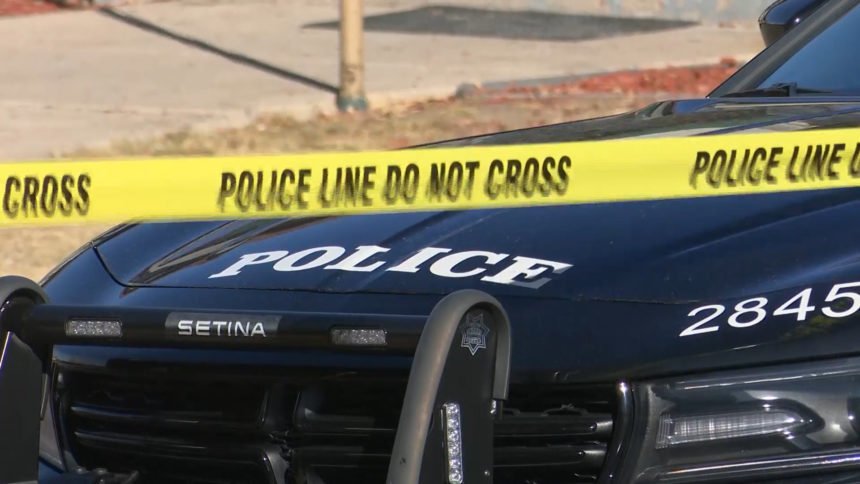Colorado Springs Police complete more training than required by the state

COLORADO SPRINGS, Colo. (KRDO) -- As police brutality protests begin to slow in Colorado, KRDO is looking at the training requirements for local police officers.
KRDO found that leadership at the Colorado Springs Police Department (CSPD) requires more training for its officers than mandated by the state of Colorado.
Often times, police officers don't know what to expect when responding to a call. Sometimes, incidents between citizens end peacefully; other times, police fire their guns.
Colorado Springs Police Chief Vincent Niski says his officers are trained to respond to behavior.
"When officers respond to a call, the actions of the suspect or the person they are responding to is really contributing to how an officer responds," Chief Niski said. "If an officer responds and the ultimate use of force is shooting the suspect, the actions of the suspects have to play a very important role in the officers doing that."
KRDO found that 10% of officer-involved shootings in the state during the last decade happened in Colorado Springs.
"I think our numbers are lower compared to some other cities," Niski said.
The number of incidents in Colorado's second most populous city could be related to CSPD's training requirements.
"We train officers to use de-escalation all the time when it's appropriate. It's not just in a classroom setting," Niski explained.
The Colorado Springs Police Department Academy requires a variety of training before graduation. A CSPD spokesperson told KRDO 165 recruits went through the academy in 2018-2019.
A total of 165 recruits went through the CSPD Police Academy in 2018-2019.
CSPD recruit training includes:
- 4.5 hours of de-escalation training and use of force considerations
- 6-8 hours of verbal communication skills
- 6 hours of anti-bias/implicit bias training
- 2-4 hours of interacting with special populations, including persons with mental illness
- 2 hours of community relations/community partnership
CSPD also mandates new recruits to participate in additional de-escalation, communication, use of force decision making, and implicit bias training in the context of firearms, arrest control and reality-based training.
"When we go to do firearms training, when we go to do arrest control training, we are very cognizant that we try and reinforce, reinforce the actions of the officers need to be appropriate even then, even during that training," Niski said. "If we see something that isn't appropriate we challenge it."
CSPD training continues mandatory training its officers every year even after graduating from the academy.
In 2018-2019 officers were required to spend two hours on de-escalation and minimizing the use of force classes, 3.5 hours of anti-bias training, two hours of ethics training, an hour of interacting with persons experiencing a mental health crisis, and a half-hour of interacting with citizens who are deaf or hard of hearing.
After 40 hours of training each, CSPD said 80 police officers became certified in crisis intervention, which focuses on appropriate responses to behavioral health-related calls for service. Since CSPD began offering crisis intervention training, 327 employees have become certified.
"We want our police officers to treat all of our citizens equally and fairly. There is not a segment of the community that we treat differently than another. That is our goal. That is our expectation," Niski said.
